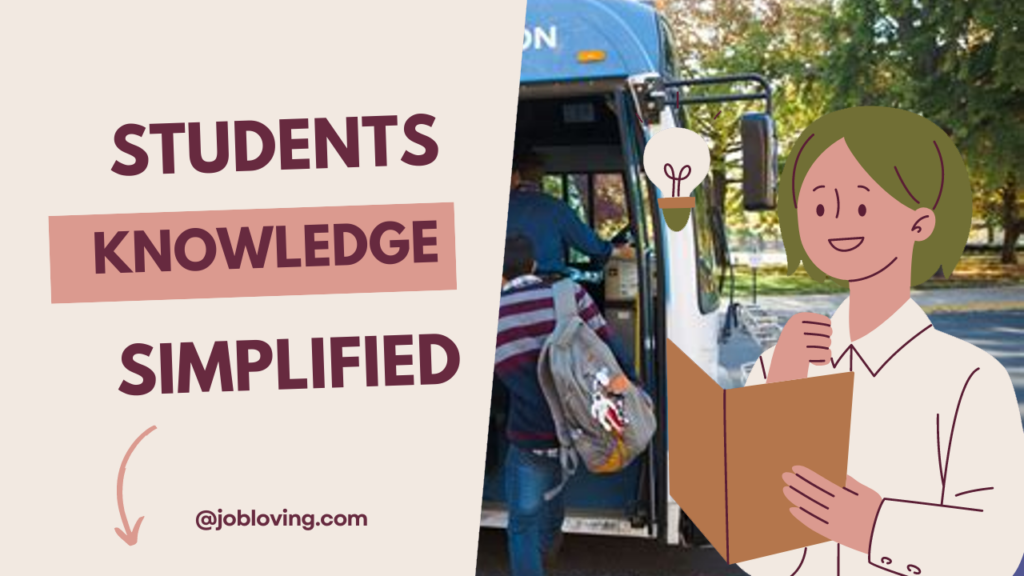If you’re a Purdue student, you’ve likely relied on CityBus to navigate campus and explore the surrounding areas. Here’s the scoop: up until recently, life was quite simple—you hopped on a bus and cruised around for free, but hold onto your hats because that’s about to change.
Starting September 2, 2024, the golden age of free bus rides for Purdue students is coming to an end for non-campus loop routes. Yes, you heard that right! Students will have to start paying fares on these routes. Fortunately, for your on-campus needs, CityBus isn’t pulling the rug out completely—routes with designated “C” numbers will remain free as long as you flash your trusty Purdue photo ID.
But let’s break this down a bit. Ride the campus loop, and you’re good to go for free, no charge! However, hop on any non-campus route, and you’ll either need a pass or cash in hand—regular one-way fares are set at a low $1.00. If you’re one of those chic students riding the express routes marked with an “E”, well, you’ll need to look into buying a pass since semester passes don’t cut it there.
Speaking of which, if you fancy going unlimited, a semester pass will set you back about $99. And hey, if you’re an Ivy Tech student, you’re in luck! CityBus offers you the same fare-free rides as Purdue students. It’s all about collaboration, baby!
But wait, there’s more! If you’re a certified ACCESS rider, you get to ride for free on fixed routes—talk about accessibility. Just a heads up: you’ll need to show your resident ID card for fare-free rides. Regular folks can get a half-fare option if they present Medicare cards or proof of age. Just remember: no change or refunds—bring exact fare when you board, or be prepared to hunt down that elusive $1 bill.
To ease the financial strain, Purdue students will now have access to free semester pass coupon codes obtained through verification of your @purdue.edu email address. Isn’t modern technology amazing? And yes, you can snag these passes through the CityBus mobile app for added convenience, or visit one of the many sales locations peppered around Lafayette.
Yet, amidst these new policies, a significant concern looms—many students have grown accustomed to the free rides, especially those residing off-campus. The change could impose a financial burden on those who were dependent on affordable transportation. After all, relying on CityBus for off-campus housing access and daily commutes was a norm for countless students.
Drifting further into the implications, Purdue’s latest contract with CityBus seems misaligned with the actual riding habits of students. This shift may inadvertently push more students toward using cars, ramping up traffic congestion and making campus life less walkable.
In conclusion, Purdue’s commitment to its students’ transportation needs remains in question. While on-campus mobility continues to thrive with free routes, the off-campus charging policy might pose challenges for many. So buckle up, students. It’s time to rethink your transportation game! Let’s hope the powers that be listen when you voice your concerns—it’s your campus, after all, and those bus rides should meet your needs, not complicate them.
What are the implications of the new fare policy for Purdue students and their transportation habits?
The new fare policy introduces costs for non-campus loop routes, which may lead to increased car usage among students, worsening campus congestion. Many students relied on free bus services for commuting, and the removal of this option could disproportionately affect those living further from campus without cars, raising concerns about accessibility and financial burdens.
How does the fare structure reflect Purdue University’s commitment to sustainability and student needs?
The fare structure encourages the use of campus routes by providing free rides for Purdue-affiliated riders, promoting sustainable commuting practices. This approach aligns with broader trends in university transportation systems aimed at reducing congestion and fostering a connected campus environment, while also addressing the transportation needs of students.
In what ways does the partnership between Purdue and CityBus enhance student life and accessibility?
The partnership facilitates affordable transportation options for students, including free on-campus rides and discounted fares for eligible individuals. This collaboration supports student mobility, encourages community interaction, and helps alleviate financial burdens, thereby promoting equitable access to education and local resources.
What steps can students take to voice their concerns regarding the changes in bus policy?
Students are encouraged to communicate their concerns to local representatives and engage in discussions about the impact of the new fare policy. By voicing their opinions, students can advocate for their transportation needs and influence future decisions regarding public transit services that affect their daily lives.

